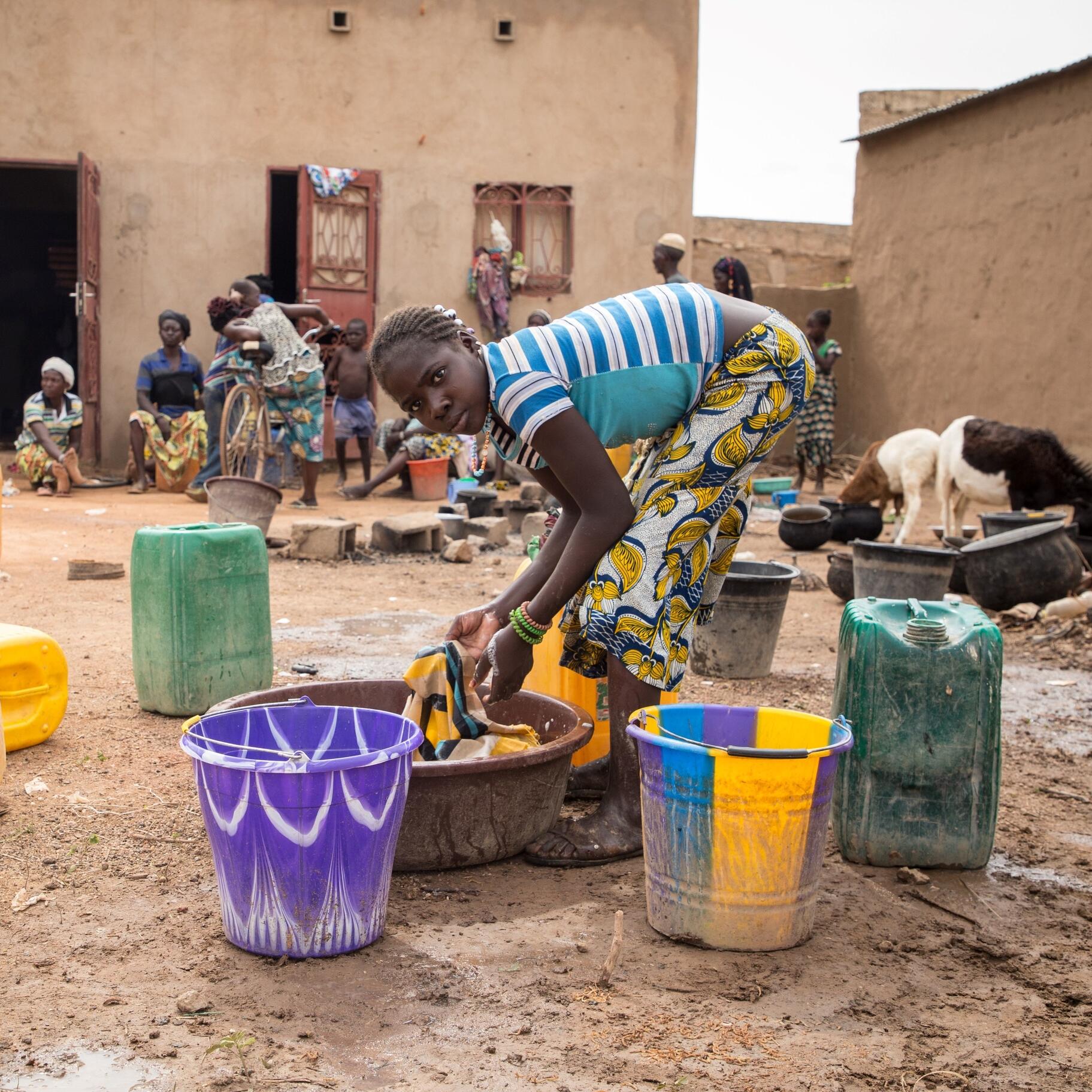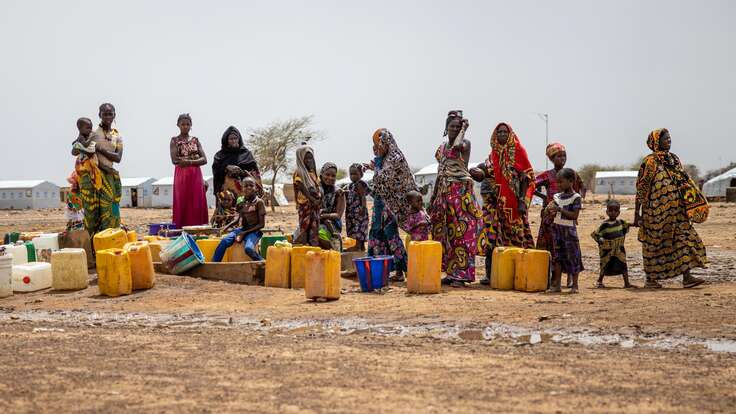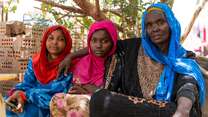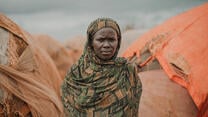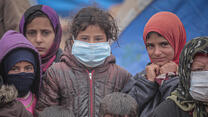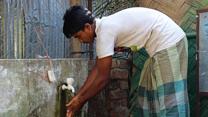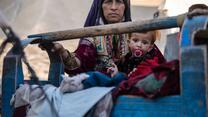Multiple coups and proliferating armed groups drive the current humanitarian crisis
- The price of food has increased 30 percent, among the highest food inflation rates in the world.
- The situation grows increasingly dire as non-state armed groups intensify their attacks and seize land. Armed groups now control as much as 40 percent of the country.
- Humanitarian aid is limited by conflict and lack of funding, with some towns in northern Burkina Faso almost entirely cut off from aid.
Country facts
- Total Population: 20.9 million
- People internally displaced by crisis: 1 million
- Rank in Human Development Index: 182 of 189
IRC response
- Started work in Burkina Faso: 2019
Burkina Faso is home to one of the fastest growing displacement crises in the world: over one million people have had to flee their homes. The IRC is providing urgent and lifesaving assistance, including clean water, sanitation services, and health care.
Burkina Faso, located in West Africa, has seen a rise in tensions and violence since January of 2019, leading to a spike in displacement. Ethnic and religious conflicts are also increasing on the rise, along with cattle raiding and other clashes within communities. The growing violence has forced people to leave their homes, fields, farm animals and livelihoods behind.
The crisis has left an estimated 3.5 million people in Burkina Faso in critical need of assistance.
Just two years ago, Burkina Faso faced virtually no mass conflict or displacement. Now, it is home to one of the fastest growing displacement crises in the world: over one million people have had to flee their homes.
The escalating conflict is driving steep increases in humanitarian need and—with the economic impact of the COVID-19 crisis—the risk of famine. 1.6 million are facing crisis or worse levels of food insecurity.
Nearly 300 local health centres are closed or are restricting services due to the conflict, limiting the health care that 1.1 million people can obtain.
Attacks on schools have forced children out of classrooms. As many as 350,000 students have been affected by closures of schools.
The IRC’s response in Burkina Faso started in Djibo, which hosts a large internally displaced population. We are delivering clean water and are bolstering sanitation services. We have also established a primary health care programme, which includes reproductive health care and community-based services devoted to childhood illnesses and disease prevention.
